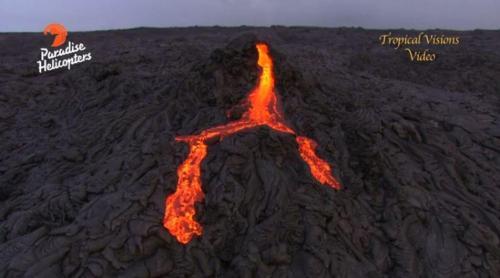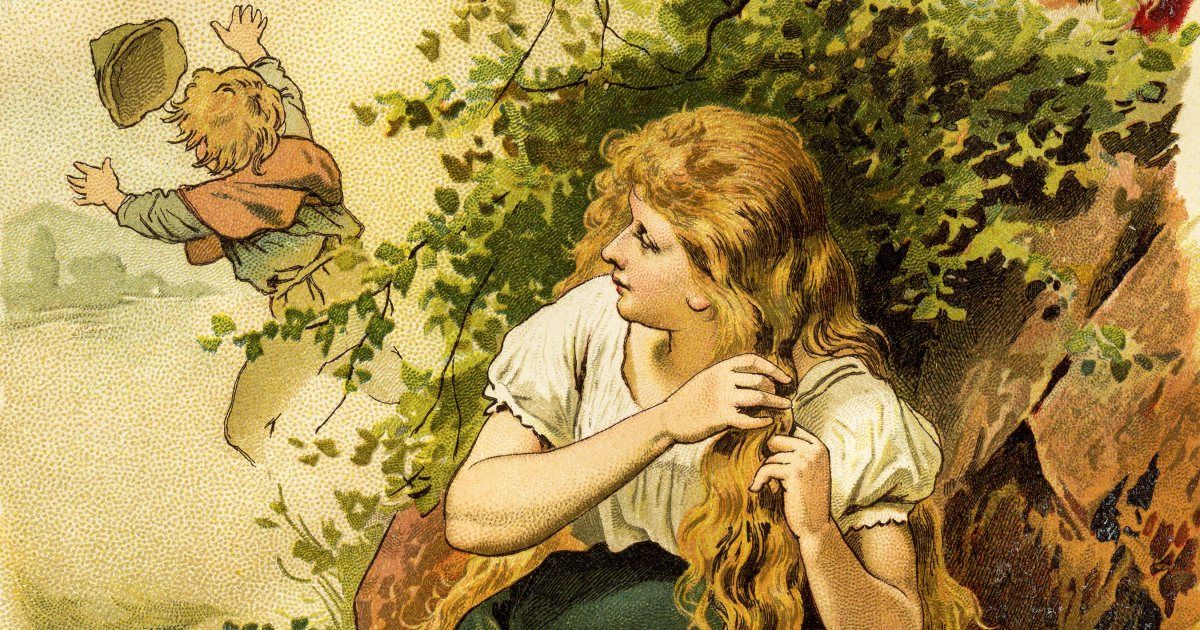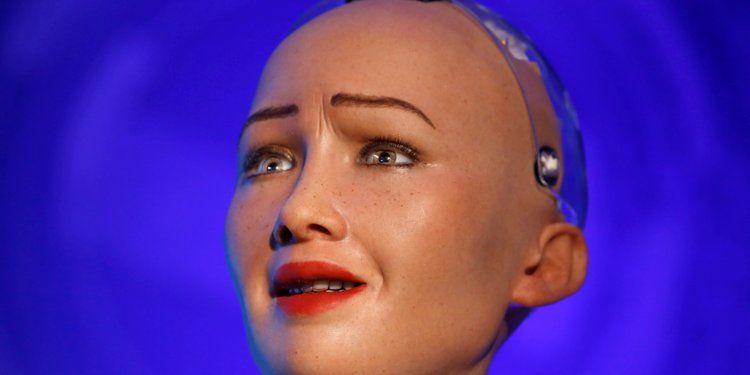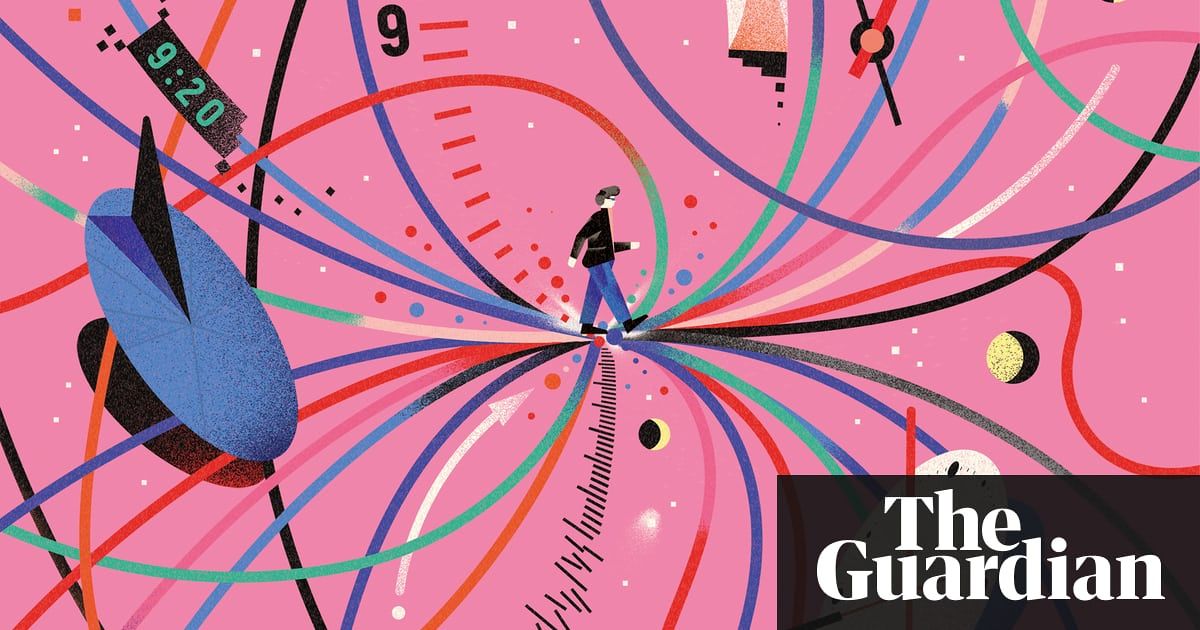If it’s started to feel like all summer blockbuster movies are being written by robots [INSERT FORMER PRO WRESTLER, INSERT GIANT CGI ANIMAL], you’ll be disquieted to learn that that future may not be too far off.
The meditation app Calm teamed up with the tech team at Botnik to write a new Brothers Grimm-style fairy tale entirely through artificial intelligence. By inputting the data from existing Brothers Grimm stories and using predictive text technology (and with a few human writers stitching things together), the group at Botnik crafted “The Princess and the Fox,” a story about “a talking fox [who] helps the lowly miller’s son to rescue the beautiful princess from the fate of having to marry a dreadful prince who she does not love.”
“We’re doing for the Brothers Grimm what Jurassic Park did for dinosaurs,” says Michael Acton Smith, co-founder of Calm, in a press press release. “We’re bringing them back from the dead, with modern science.” (It perhaps bears remembering here that Jurassic Park famously did not end well.)








